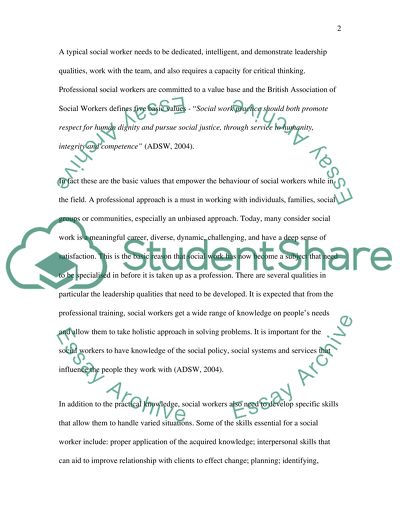Cite this document
(“Interpersonalinterprofessional skills - social work Essay”, n.d.)
Interpersonalinterprofessional skills - social work Essay. Retrieved from https://studentshare.org/miscellaneous/1543949-interpersonalinterprofessional-skills-social-work
Interpersonalinterprofessional skills - social work Essay. Retrieved from https://studentshare.org/miscellaneous/1543949-interpersonalinterprofessional-skills-social-work
(Interpersonalinterprofessional Skills - Social Work Essay)
Interpersonalinterprofessional Skills - Social Work Essay. https://studentshare.org/miscellaneous/1543949-interpersonalinterprofessional-skills-social-work.
Interpersonalinterprofessional Skills - Social Work Essay. https://studentshare.org/miscellaneous/1543949-interpersonalinterprofessional-skills-social-work.
“Interpersonalinterprofessional Skills - Social Work Essay”, n.d. https://studentshare.org/miscellaneous/1543949-interpersonalinterprofessional-skills-social-work.


